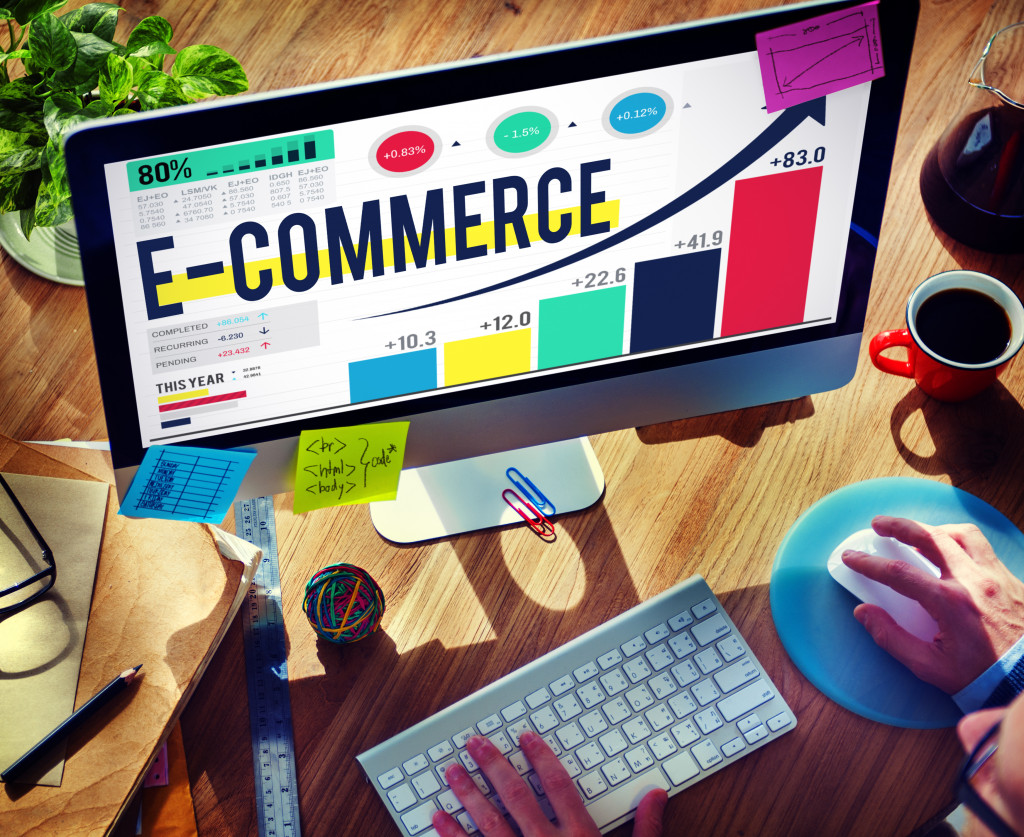When it comes to starting a business, countless factors to consider. The most important is having the right tools for your trade. That’s why it’s important to know what you need before starting an e-commerce business.
The good news is that it’s easy to get started with e-commerce. All you need is a computer, an internet connection, and a few essential tools. Here are six must-haves for scaling your e-commerce business:
1. Shopping Cart Solution
The first step to setting up an online store is to find a shopping cart solution that fits your needs. A shopping cart solution is essential for processing orders, managing inventory, and shipping purchases. You can use it to create a custom check-out, track consumer data, and more.
There are many options available, so be sure to do your research. It would also help find a solution that offers features like abandoned cart recovery, order management, and integrations with accounting software.
This way, you can streamline your e-commerce operation and allow your customers to get their orders quickly and easily.
2. Payment Processor
For any online shop, you’ll need a trustworthy payment processor. It is a service that helps you accept and process payments from customers.
But before choosing one, be sure to find a payment processor compatible with your shopping cart solution that offers fraud prevention, customer support, and transaction tracking. Every consumer wants to be confident about the security of their personal information when they make a purchase, so choose a payment processor that can offer that peace of mind.
In doing so, you’re gaining the trust of your customers and setting your business up for success.
3. Domain Name and Web Hosting
Every website needs a domain name (ex: www.example.com) and web hosting. It is where you will store your website’s files and the content. Once you have a domain name, you can set up your website with a hosting provider.
Ideally, you should find a domain name that is short, easy to remember, and relevant to your business. As for web hosting, look for a provider that offers unlimited bandwidth, 24/7 customer support, and a money-back guarantee.
By investing in a domain name and web hosting, you’re ensuring that your website will be accessible to consumers worldwide. It will also be a determining factor in how fast your website loads, so choose wisely.
4. E-Commerce Platform
An e-commerce platform is software that you’ll use to run your online store. It includes everything from the design of your website to the functionality of your services.
This element is crucial as it is where customers will interact with your business the most. So be sure to find an e-commerce platform that is user-friendly, reliable, and secure.
An excellent e-commerce platform will offer features like third-party integrations, scalability, and device responsiveness. So, it would help if you find a platform that can grow along with your business. The last thing you want is to have to switch platforms in the future because your business has outgrown it.

5. Shipping and Logistics
If you plan to sell physical products, you’ll need to invest in shipping and logistics. That includes everything from packaging materials to delivery services.
You can find packaging materials at your local store or online to get started. As for delivery services, you can choose whether to do it yourself or outsource it to a third-party provider.
Outsourcing shipping and logistics can be a great way to save time and money, but only if you find a reliable provider that offers competitive rates. Plus, it’s best to have a shipping partner that provides tracking services so that you can keep an eye on your shipments.
It will also help find a shipping solution that integrates with your e-commerce platform and accounting software. This way, you can automate your shipping process and make it more efficient.
6. Marketing and SEO Tools
To succeed in e-commerce, you’ll need to effectively market your products and services. There are many ways to do this, but some of the most effective methods include search engine optimization (SEO), social media, and email marketing.
There are plenty of tools to help you with your marketing efforts. However, it can be overwhelming to try to find the right ones. But advertising agencies such as Padulamedia.com can help you get on the right track. These companies have expert knowledge of the e-commerce landscape and can help you identify which tools will work best for your business.
On the other hand, you can broaden your reach by investing in paid advertising. The key is to find the right balance between organic and paid marketing to get the most out of your marketing budget.
By investing in the essential tools for e-commerce, you’ll be setting your business up for success. These tools include a shopping cart and payment solution, domain name and web hosting, an e-commerce platform, shipping and logistics, and marketing and SEO tools. So be sure to invest in them if you want to make your online store a success.

